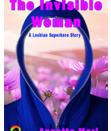The Grammar Police
I can almost hear my mother rolling in her grave as I write this blog. My mother was a teacher, a very fine teacher. She was also an expert in the English language, even though she taught special education, not English. But Mom had a minor in English and was instrumental in teaching me a love for reading as well as trying to teach proper grammar. I did fairly well in English because I’ve always loved reading and writing. So…how did I develop a colloquial style of writing, instead of following all those pesky grammar rules to a T? Quite simply…I love colorful characters and quirky colorful characters do not talk like English professors. Fortunately, when writing works of fiction, authors often break a number of grammar rules. And they should!
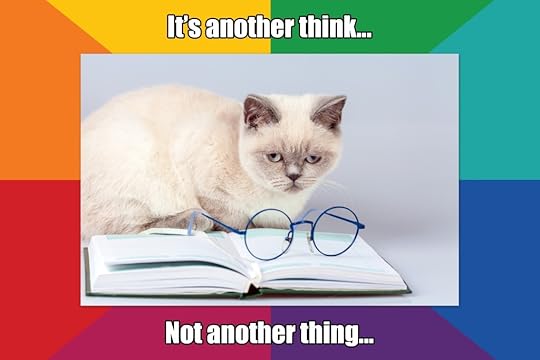
Recently, when going through an editor’s proposed changes, I did what I do sometimes…I rejected a correction. This doesn’t happen often, because editors help us tighten our manuscripts and I have a great respect for that. When I reject something, I usually conduct research so I can arm myself with an argument to support the rejection. In this case my character said, “If she thinks she’s going to hurt Joy, she has another thing coming.” The editor changed it to: “If she thinks she’s going to hurt Joy, she has another think coming.” I vaguely remembered a post in Facebook about another think being the correct way to say this and citing their understanding that authors often incorrectly write another thing. Well…I could not let that go because it just didn’t sound right to me. So…I researched it and sure enough, I found support for my version. Several sources talked about another think being an older version of this saying that has now evolved to another thing. Merriam Webster’s summary of this was as follows: “Another think coming is the older of the two, dating in use to the mid-19th century, and originated in British English. Another thing coming appears to have come about in American English several decades later, probably as a result of confusion regarding the original phrase. Another thing is the more recent turn of phrase and now is more common, though it is frequently criticized.” See, here’s the thing (pun absolutely intended), the English language is ever-changing and if we stick to the old way of saying and doing things, it doesn’t sound right to us and it shouldn’t. Dialogue should reflect the times and stay true to one’s characters. If we fail to do that, the dialogue sounds stiff and unnatural.
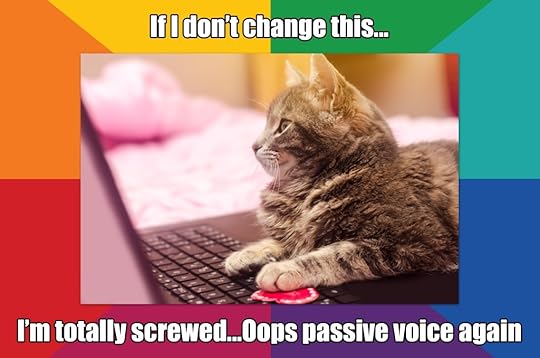
I was so curious about grammar rules and which ones we should ignore, I did some research. Here are some that rose to the surface:
Avoid using passive voice – this one gets flagged all the time and while I will change it on occasion, I don’t normally change it when I use passive voice in dialogue…because people don’t avoid passive voice when they speak.Writing in complete sentences – often, especially when someone speaks, they don’t use complete sentences. I’ve also seen incomplete sentences used very effectively when one want to: Make. A. Point.Never verb a noun. Probably the best example of this was: Google it. While Google is a brand it is also commonly understood that people do indeed Google everything from the best lesbian sex toys to which grammar rules we can ignore!Avoid sentences that start with And or But. While this used to be the case many years ago…slowly, but surely that has gone out of style. And I love it!Don’t end sentences with prepositions. I loved their example of…Then what should we end our sentences with? Every time this gets flagged I re-read it and if it makes sense, and I can hear the person saying it, I ignore that rule.Using since when you should use because. The rule basically says: refers to time and because refers to cause. This is another rule that has evolved over time and dictionaries have now expanded since to refer to either cause or time.The deadly split infinitive. So it’s perfectly fine to boldly go where no woman has gone before. My research suggests this was a made up rule in the 1800s, perhaps by linguists who compared our language to Latin. As a reminder, Latin is a dead language that doesn’t allow for split infinitives. I prefer living languages!Using while to mean although. This rule was quick to point out that you may want to avoid this if the meaning is unclear and it could also mean at the same time.Using over when you mean more than. This is another term that has evolved. For example, making over a million dollars is perfectly acceptable to state.Only that should introduce a restrictive clause—a clause that isn’t preceded by a comma and contains information crucial to the sentence’s meaning. Which should introduce clauses that are set off by a comma.” Both of these are correct: “Sonia found the money that the Senator had stolen.” and “Sonia found the money, which the Senator had stolen from his wife.” Some experts insist this rule has no basis and it’s perfectly okay to say, “Sonia found the money which the Senator had stolen.”Using like in place of as. This is a rule I often adhere to because it sounds fine to me either way. For example, “Alina is just butting in as usual.” or “Alina is just butting in like usual.” I only break the rule when it sounds awkward to do it the “correct” way.Putting in the comma after Hi, Hello or Hey. As email, text and other forms of communication became more prevalent, either is correct. Hey, Annette or Hey Annette is perfectly acceptable. I like to leave the comma off sometimes and other times, I hear the pause when I read back the sentence, so I put it in. More and more, I believe this is also true for a comma before too . Either seems to be correct nowadays. I think consistency is the important thing to remember. Unless I am doing it for emphasis in one section and not in another.
So… there you have it. For those grammar sticklers out there, maybe it isn’t an error in their writing after all! Want to see how I break a lot of rules…simply click the links below.
Audio links: Audible in US Audible in UK
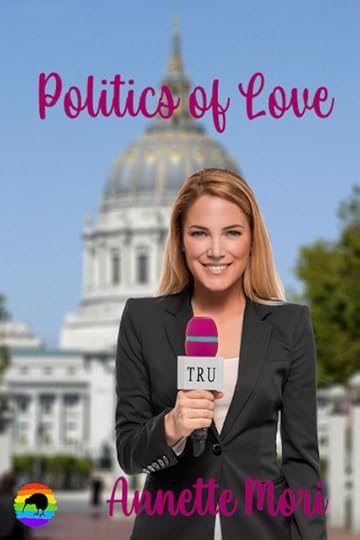
Audio links: Audible in US Audible in UK

Now in Audio ! Audio links: Audible in US Audible in UK
Recent double Award-Winning novel….
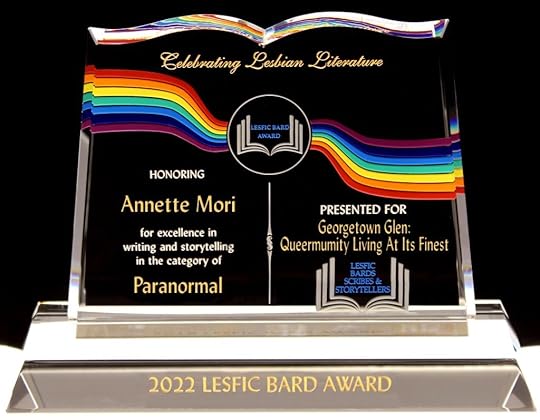



Amazon Germany Book 4 in the Trophy Wives Club Series
Links to the Books in Audible:
Undercover Love Politics of Love Love Bonds Sculpting Her Heart Disconnected Artist Free Zone Locked Inside

Proud to be an Affinity Rainbow Publications author!

